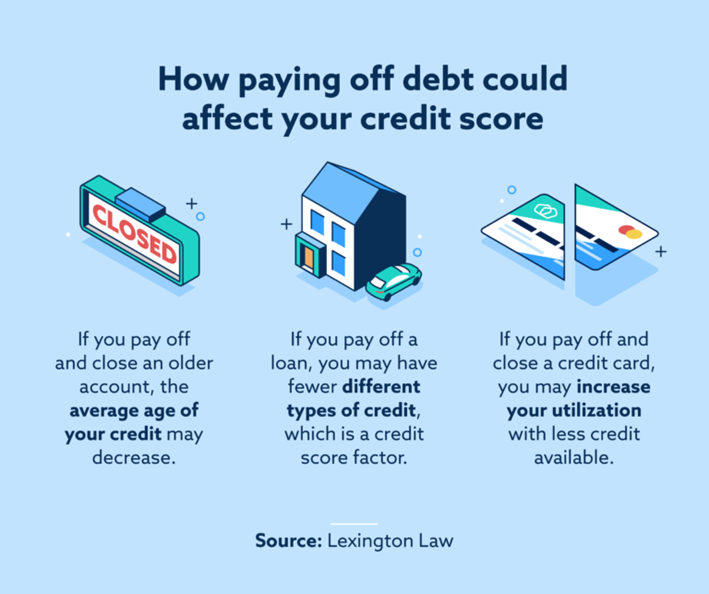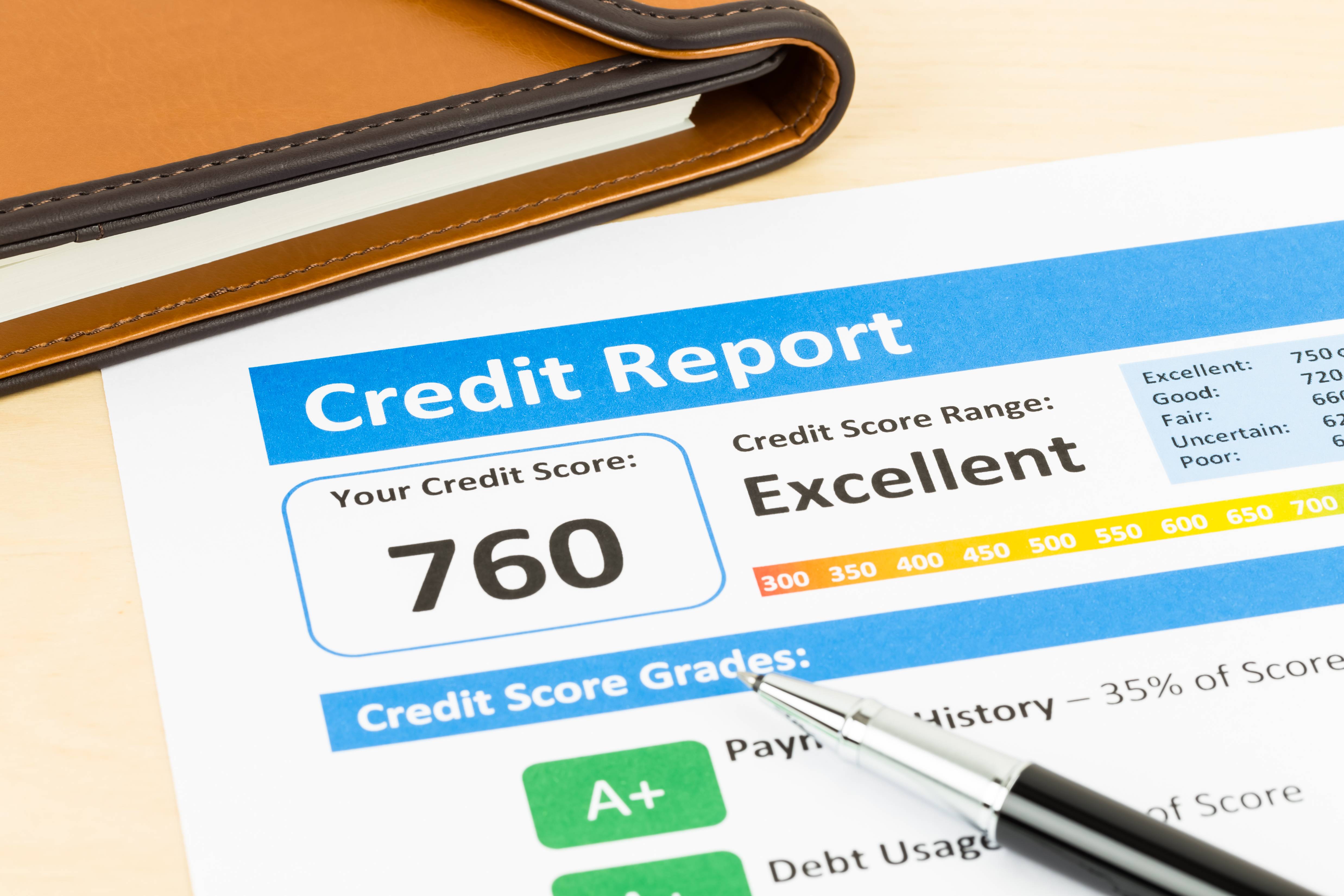
A credit check is a way for financial organisations to look into someone's credit history. It allows them to make informed choices about who to lend to, and whether or not they can trust the borrower. It allows lenders to see if the borrower has a track record of repaying loans on time and has been responsible with borrowing. It is also helpful for consumers as it allows them to know which loans they are worthy of taking.
Credit scores can be damaged by hard credit checks
When a lender requests your credit reports, a hard credit check (also known as a hard inquiry) is performed. This is a normal procedure for applying for credit cards or loans. Each hard inquiry reduces your credit score by one point. This inquiry is done to find out about your credit history as well as your chances of repaying any debts.
A single hard inquiry could lower your score 5 points. Multiple hard inquiries, however, can lower your score 10 points. People with more than six inquiries in a row are eight times more likely that they will file bankruptcy. Hard inquiries are not usually necessary.
Soft credit checks don't
The soft credit check does not affect your credit score. It is not the same thing as a hard inquiry. Soft inquiries are performed by your current lenders and card issuers during account reviews and product offerings. Most of these inquiries are anonymous. You can check your credit report to see if you have had one. Other businesses can also view hard inquiries.

Soft inquiries will not affect your credit score or require your permission. They are used by lenders to send marketing messages to customers or pre-qualify them for loans. These inquiries show up on your credit report for two years and do not signify any credit application.
Information sources for credit reports
You can obtain credit report information in many different ways. Some of the information is provided by creditors, while other data can be found through public records. Credit bureaus can buy LexisNexis public records and create credit reports from them. They could also buy bankruptcy records or tax liens from the government. It is possible that the credit bureaus will need to share information. One example is that a first fraud alert from one bureau needs to be sent to the other.
Creditors, landlords and insurance companies can access their credit reports. However, certain state laws restrict their use. However, anyone can access these reports if they have a legitimate business purpose. Potential lenders are the most frequent source of credit information. They use this information to establish credit limits and interest rate.
Credit checks can affect your ability to obtain credit
Credit checks are an essential part of the lending process. This process helps lenders monitor how you manage your credit and determine your capacity for new loans. It is possible to minimize the impact of queries by making sure you have good credit. These checks can affect your ability of getting new credit, especially if you don’t have a good credit score. Keep your credit clean and in good standing.
Credit checks are done when a third party requests your credit report. An example of this is a potential cellphone company that may conduct credit checks on your credit to determine if you are a good customer. An apartment landlord could also check your credit before renting it. Even a car rental business may pull your credit reports if you use a debit or credit card. It is still considered credit application, even though it may not sound important.

If you should dispute a hard inquiry
It is important to determine if there has been a hard inquiry against your credit history when doing a credit report. Hard inquiries will typically be reported to your credit report for two-years. You should dispute hard inquiries that have been filed for more than two-years. An older inquiry can hurt your score, even if it was not an error. Hard inquiries can also appear on your credit score from other sources. It is possible that the provider will review your credit report if you apply for a new mobile phone plan.
Hard inquiries may have negative consequences on your credit score. They could also prevent you from applying for a loan. You can appeal an unauthorized hard inquiry to the credit bureau or furnisher or you can file a police complaint to the FTC.